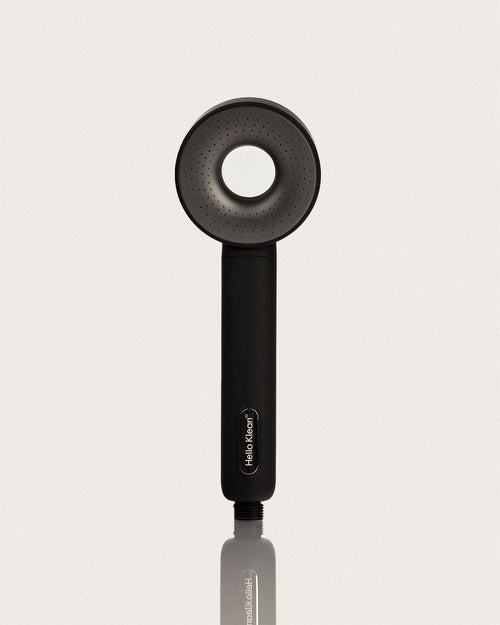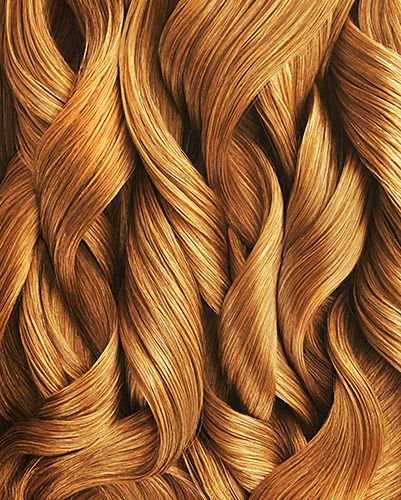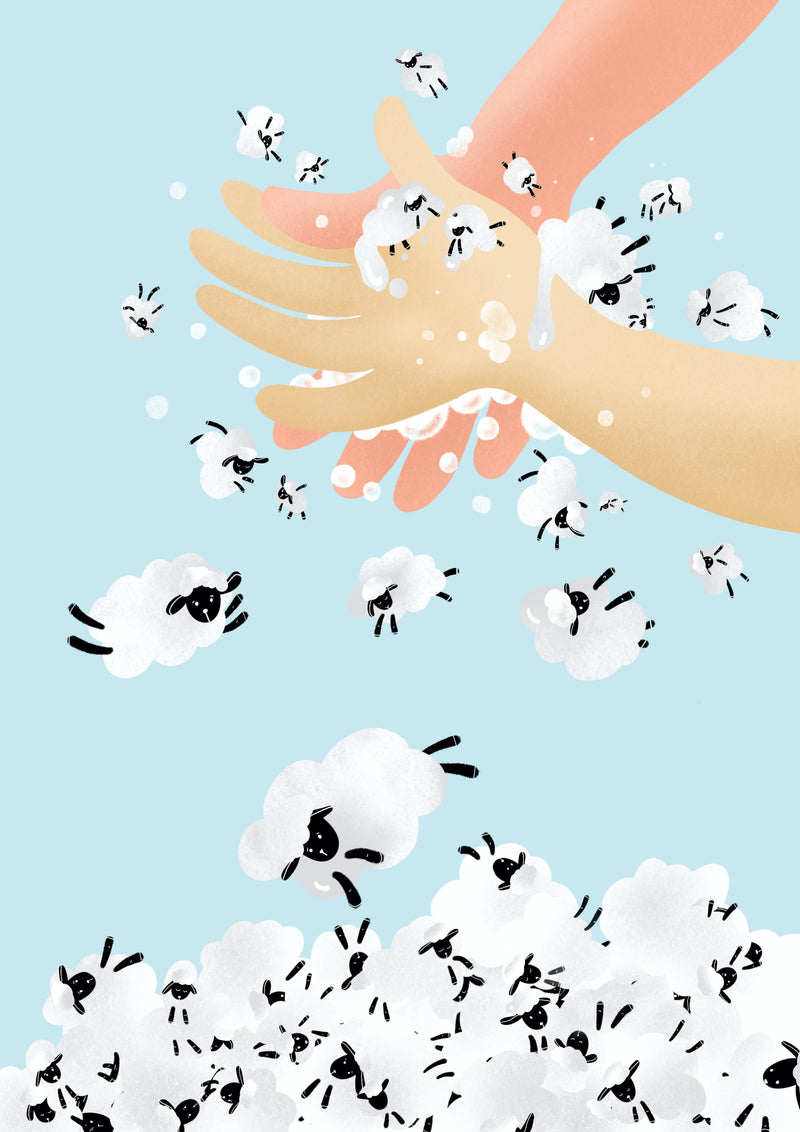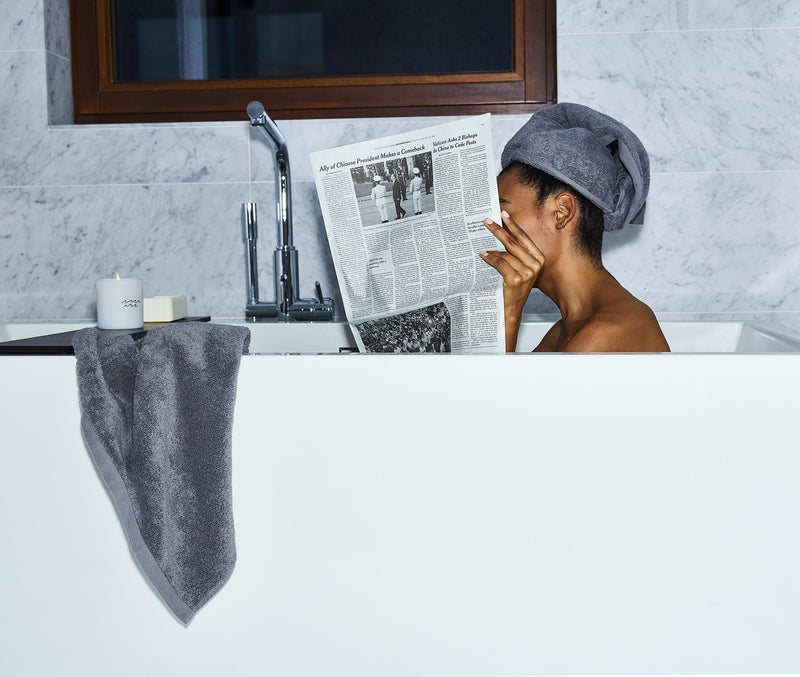If a hot shower is what your body craves after crawling out of bed, you're not alone. Most of us crank up the temperature to feel warm and eases us to start the day with some comfort. On that note, we wanted to mention that the total opposite - cold showers - can benefit your wellness routine too. It's something that most of us dread, especially for those who hit snooze 5+ times in the morning.
We put together some of the therapeutic benefits of both hot and cold showers on our bodies.
Benefits of cold showers
Calms itchy skin
Adam Friedman, MD, says for those with itchy skin, cold showers could help overcome the impulse to scratch and reduce irritation.
Increased circulation
Exposure to colder water helps divert blood flow away from the surface of your skin. As blood travels away from the skin, the blood vessels in deeper body tissues dilate. In return, boosting circulation.
Enlightened mood
Cold-water activates the nervous system and helps your body release noradrenaline, increasing blood flow. A study conducted by Natalia Shevchuk of Virginia Commonwealth University School of Medicine states, "Due to the high density of cold receptors on the skin, a cold shower is expected to send an overwhelming amount of electrical impulses from peripheral nerve endings to the brain, which could result in an anti-depressive effect."
Lower cortisol levels
First things first, what is cortisol? It's the 'fight or flight' hormone your body releases during stress. This research showed that when people immersed themselves in a cold bath, their cortisol levels decreased, and helped reduce stress levels.
Reduced muscle tension
According to this study in 2009, researchers used cold water immersion amongst athletes to determine how it impacted their physical performance. Turns out, although cold water submersion didn't give a considerable boost to performance, the athletes experienced less muscle soreness and general fatigue after the cold soak.
When NOT to take a cold shower
- Cold showers are probably not the best idea if you're already freezing.
- Don't take a cold shower if you're unwell. The cold temperature can be hard on your immune system, so take it easy.
Benefits of hot showers
Natural relief to reduce cold symptoms
Hot steam has commonly been referred to as a natural remedy to reduce cold and cough symptoms. The heat from the water and the steam can help to:
- open airways
- loosen up phlegm (mucus)
- clear out your nasal passages
Improved cardiovascular health
In a study from 2014 on hydrotherapy, having a soak in warm water appears to enhance blood flow amongst those with chronic heart issues. Researchers believe this is due to a natural widening of the blood vessels after being exposed to a higher temperature.
Another study in 2012 discovered reduced arterial stiffness after soaking their feet and lower legs in warm water for 30 minutes. Arterial stiffness plays a role in atherosclerosis, which often leads to high blood pressure. On the contrary, participants who submerged their feet and lower legs in cold water did not show this effect.
Creativity and feeling good
Showering helps our bodies release dopamine - the hormone which makes us "feel good" when getting a reward. And releases of dopamine brings out more creativity. "Showering allows the mind to wander freely, and this causes people to be more open to their inner self," explains Ron Friedman, founder of Ignite80.
When NOT to take a hot shower
- Hot water can dry out and irritate your skin, especially for those of us living in hard water areas. Hot water causes damage to the keratin cells, located on the outermost layer of the skin. By disrupting the epidermis, it dries out the skin and prevents it from retaining moisture.
- Showering in hot water can also make certain skin conditions worse. Higher temperatures make it easier for the skin to dry out and worsen conditions like eczema. If you live in an area with hard water, your shower leaves behind soap scum that lingers on your skin and triggers irritation.
- On top of that, the high temperature can cause mast cells (which contain histamine) to release their contents, which leads to itching.
Showering is a crucial step to your wellness routine, and it doesn't hurt to make sure the water you're using is helping your case and not working against you.
A shower filter would come in handy to keep your scalp, skin, and hair better moisturized by eliminating chemicals, metals, and impurities in your water.
What's our solution? With Redox Technology that utilizes an NSF certified high-purity copper-zinc formulation, the ingredients in KLEAN transforms chemicals and metal ions like chlorine, lead, mercury, iron, and more, into harmless substances.
KLEAN additionally contains Calcium Sulfite, Granulated Activated Carbon, and Ceramic Derma Beads to boost filtration, remove chemical impurities and odor.
The bottom line
As long as you avoid extreme temperatures, taking cold and hot showers can provide health benefits.
Bottom line, make sure you're doing it the right way. Meaning you shouldn't feel any discomfort. Your cold shower shouldn't exceed more than 10 - 15 minutes. If you notice numbness, breathing difficulties, or if you see any part of your body turning white or purple, get out immediately. Last but not least, don't forget to apply moisturizer to your skin afterward.
































